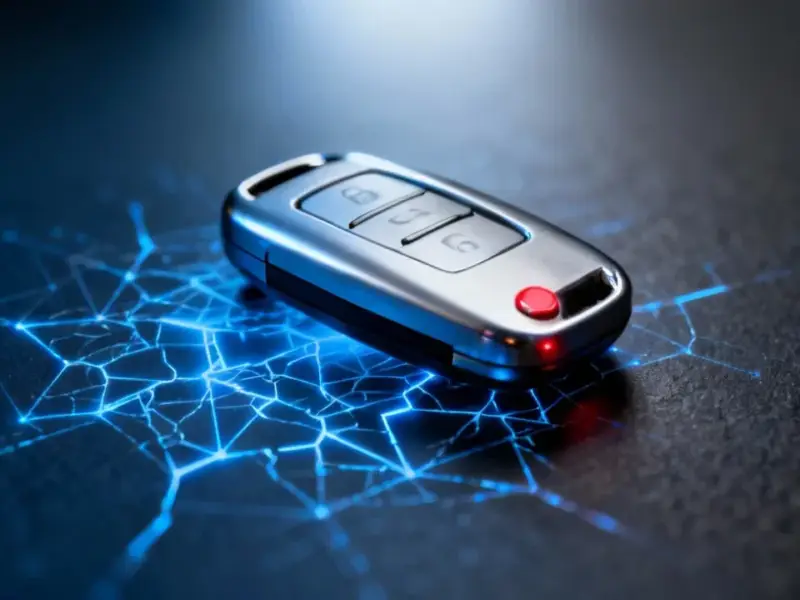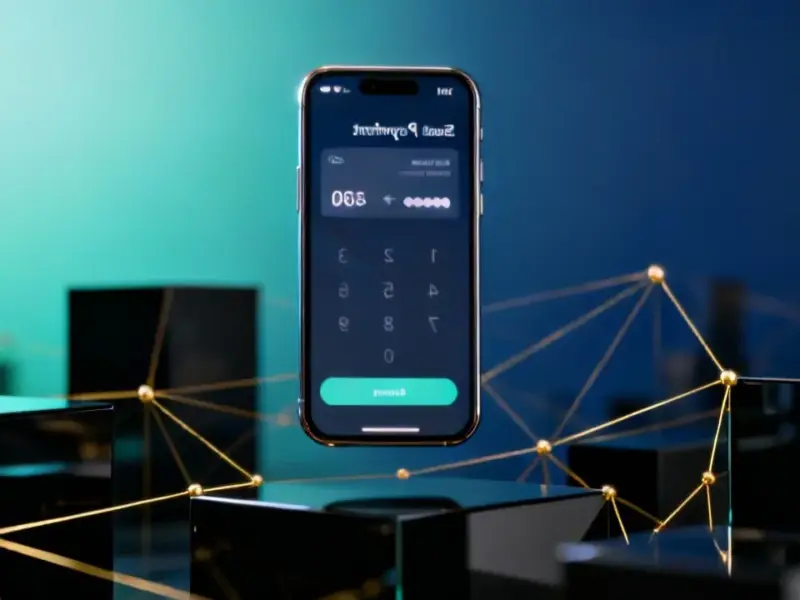According to TechRadar, the recent Louvre heist investigation revealed the museum’s surveillance camera system was protected by the laughably weak password “louvre.” In response, Swiss privacy company Proton is offering museums, galleries, libraries, and other cultural institutions worldwide two years of its Proton Pass Professional service completely free of charge. The initiative runs until the end of 2025 and aims to address the glaring digital security gaps that leave priceless cultural heritage vulnerable. This comes after reports suggested security experts had actually flagged this specific vulnerability to the Louvre years before the breach occurred. The professional tier includes features like breach monitoring and is part of Proton’s broader security suite that also includes VPN and email services.
How did this even happen?
Let’s be real here. Using “louvre” as the password for the Louvre‘s security system is like using “password” for your bank account. It’s almost comically bad. But here’s the thing – this isn’t just about one museum being careless. It highlights a massive, systemic problem in how cultural institutions approach digital security. They’ll spend millions on physical guards, vaults, and alarm systems, then leave the digital backdoor wide open with default or easily guessable credentials. And the scary part? Modern security systems – cameras, climate controls, electronic locks – are all networked. A single weak password can bypass every physical security measure in the building.
The bigger picture nobody’s talking about
This incident should be a wake-up call for every institution managing critical infrastructure. We’re not just talking about art museums here. Think about power plants, water treatment facilities, manufacturing centers – places where a digital breach could have catastrophic physical consequences. Many of these organizations still rely on outdated security practices, and the people managing these systems often aren’t cybersecurity experts. They’re curators, facility managers, or IT generalists stretched too thin. When you’re dealing with industrial control systems or museum climate controls that protect irreplaceable artifacts, the stakes are incredibly high. Proper security isn’t a luxury – it’s essential for operational integrity.
But is free software really the solution?
Proton’s offer is generous and definitely a step in the right direction. Getting organizations to use a password manager is cybersecurity 101. But let’s be skeptical for a moment. The Louvre knew about this vulnerability for years and did nothing. Throwing free software at a problem doesn’t fix the underlying issue – which is often cultural complacency and lack of security awareness. A password manager is useless if nobody uses it properly, or if the master password is written on a sticky note. And what happens after the two free years are up? Will these cash-strapped institutions continue paying, or will they let their subscriptions lapse and revert to bad habits?
Where do we go from here?
The reality is that digital and physical security can no longer be treated as separate domains. That firewall between them collapsed years ago. Proton’s initiative is a good start, but it needs to be part of a broader cultural shift. Institutions need regular security audits, employee training, and to actually listen when experts flag vulnerabilities. The days of “set it and forget it” security are long gone. As the Independent reported, this wasn’t some sophisticated cyber attack – it was basic security negligence. When protecting our shared cultural heritage, “good enough” security simply isn’t good enough anymore.




